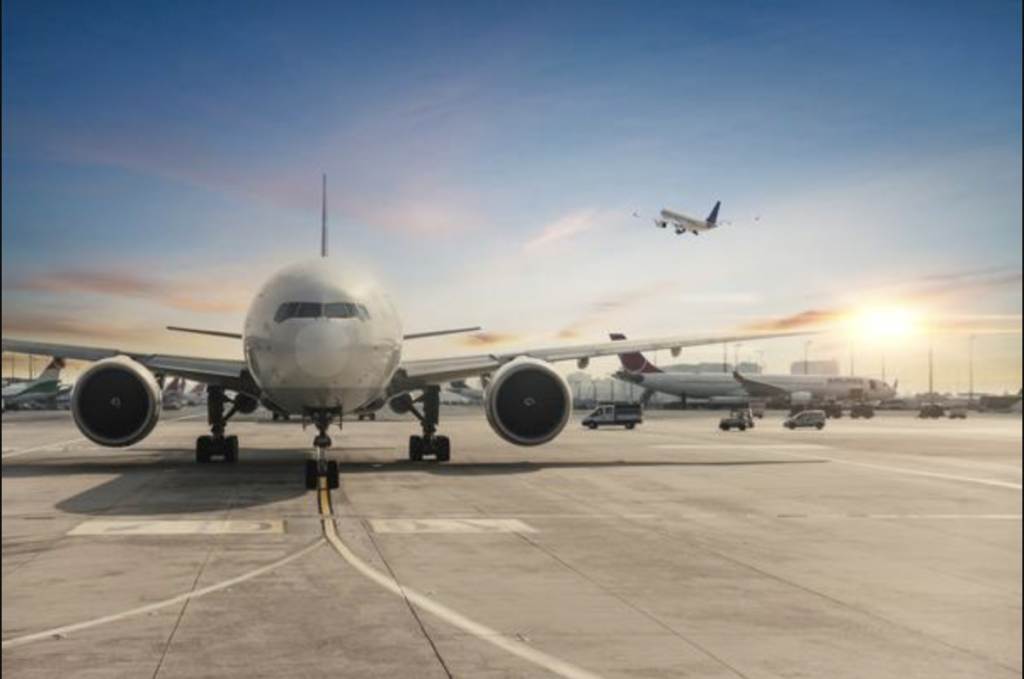The ongoing debate over whether 5G causes issues with airplane equipment continues to be discussed and has reached another compromise. While cellular carriers want airlines to have to bring their equipment up-to-date, an aviation body argues that the current restrictions be made permanent.
The Problem
As satellite TV began to take a dive in the number of users, several frequencies were freed up for alternative use. The Federal Communications Commission (FCC) controls who gets to use what frequencies. They ultimately decided that these frequencies were suitable for 5G use so the rights to use them were auctioned off. Verizon and AT&T jumped on the chance to expand their 5G networks and acquired what is called 5G C-Band.
Meanwhile, the Federal Aviation Administration (FAA), was apparently unaware of this auction. They discovered there was a risk of 5G C-band spectrum interfering with radio altimeters. This is the tool that essentially allows the airplane pilot to determine the altitude of the plane. It is always helpful to the pilot, but even more so in conditions of poor visibility.
Surprisingly, the FAA had been talking about their concerns surrounding the potential risks of C-band interference since 2015. However, the agency didn’t directly communicate these to the FCC until it was too late.
Moving Forward
After several arguments between the two agencies, it’s still unclear as to whether the radio altimeters are truly at risk – there has been limited evidence. Still, delays were put in place to push out deployment, as well as restrictions at and around certain airports.
An agreement was also made that gave the aviation industry until July 2023 to check their older aircraft. They would update radio altimeters as needed. Since that agreement, the deadline has again been pushed back, this time to February 2024.
This past October, the aviation industry said that the temporary restrictions weren’t doing anyone any harm. They added that the costs of fixing the issue was expensive. So, it was argued that the power limitations be made permanent. The FAA rejected this. Instead, they decided to give airlines more time. Arstechnica reported the following:
Today, the FAA proposed a deadline of February 1, 2024, to replace or retrofit faulty altimeters, which are used by airplanes to measure altitude.
Out of 7,993 airplanes on the US registry, the FAA said it “estimates that approximately 180 airplanes would require radio altimeter replacement and 820 airplanes would require the addition of radio altimeter filters to comply with the proposed modification requirement.” The total estimated cost of compliance is $26 million […]
“Some radio altimeters may already demonstrate tolerance to the 5G C-Band emissions without modification,” the FAA said. “Some may need to install filters between the radio altimeter and antenna to increase a radio altimeter’s tolerance. For others, the addition of a filter will not be sufficient to address interference susceptibility; therefore, the radio altimeter will need to be replaced with an upgraded radio altimeter.”
Another suggestion was also rejected by the FAA. The problem was only that affected radio altimeters reported a fault, but still functioned properly. So, they suggested that pilots simply be advised not to be concerned by the alerts at known problem spots. The FAA stated that this risked air crews becoming desensitized to system warnings, which “can lead to a catastrophic event.”



